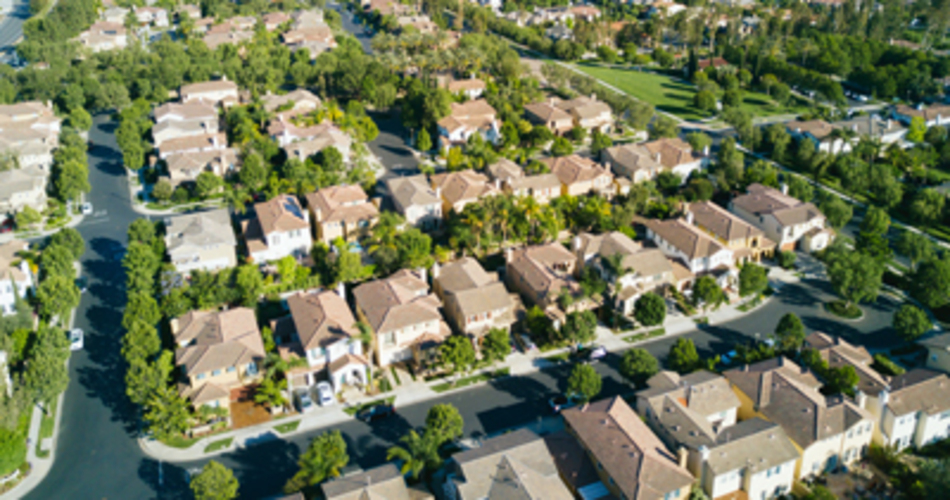 Singapore is not new to me, yet each time I visit the shores of this sunny island, I’m struck by the ingenuity of a new digital innovation and pilot technology which is being tested by tech hungry consumers. That said, it’s not surprising this island nation is at the forefront of transforming itself into a smart city while setting an example for the rest of the world.
Singapore is not new to me, yet each time I visit the shores of this sunny island, I’m struck by the ingenuity of a new digital innovation and pilot technology which is being tested by tech hungry consumers. That said, it’s not surprising this island nation is at the forefront of transforming itself into a smart city while setting an example for the rest of the world.
Need convincing? The ‘Little Red Dot’ already boasts smart city accolades, such as the ‘Smart City of 2018’ award where the nation of 5.5 million residents was recognized for the most outstanding urban innovation projects during the Smart City Expo World Congress in Barcelona. The expression ‘you need money to make money,’ might be an appropriate motto for a country that tops IDC’s list of countries investing in smart city projects. New York, London, Tokyo and Singapore have all committed to spending more than $US 1 billion in smart city projects this year.
5G, IoT and Smart City are Complementary
As we start to see examples of 5G deployments around the world, new smart city applications which may have once been considered good sci fi novel material are moving toward reality show status. Millions of connected sensors found in buildings or on traffic lights collect data which is analyzed within mere seconds. Fiber optics networks will be the backbone of smart cities.
Here are some real-world examples of how the country is taking smart leaps forward:
- Smart Mobility: using data gathered from sensors deployed on junctions and roads, traffic lights could be adjusted to smooth congestion during peak periods, and drivers could be kept up to speed on road conditions through real-time alerts. This is necessary for Singapore where 12 percent of total land area is used for roads with limited space for expansion. To curb the road congestion, the local government is contemplating freezing the number of private vehicles on the roads. But perhaps this isn’t a bad thing as citizens move away from the traditional five c’s of success – cash, car, credit card, condominium and country club membership.
- Smart Healthcare: HealthHub is slated to be Singapore’s first one-stop online health information and services portal where patients can access records and secure more information on preventive care.
- Smart Living: The ‘Smart Town’ is a new housing project that leverages smart technologies to enhance Singapore’s living environment. For instance, digital infrastructure is deployed to pave the way for intelligent homes so that residents can tap into commercial offerings such as smart lighting to enjoy greater convenience and utilities savings.
According to a study by Juniper Research, Singapore is the smartest city in the world, ahead of London, New York, San Francisco, and Seoul. Looking at these three examples, the smart initiatives not only made use of new technology, but more importantly; deliver real benefits to citizens such as saving time and cost.
Investing in a Digital Future
Singapore’s success in building a smart city underscores an important lesson for other nations on the same journey. Not only is there a clear vision, Singapore is investing in its 5G development plans and a fiber network rollout. According to a new ranking released at the FTTH Council Asia Pacific Conference in Wuhan, China earlier this year, Singapore is Asia Pacific's top Smart Fiber City.
When I look at Singapore’s digital success, two steps are clear. Firstly, fiber is playing a critical role in 5G rollout. Secondly, before 5G or smart cities can become a reality, there is a need for continued investment in network infrastructure. Singapore’s investment in infrastructure has in turn provided a strong platform for innovation to flourish.






